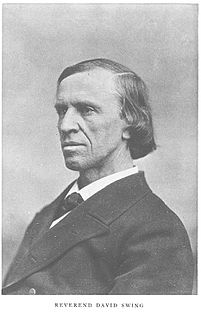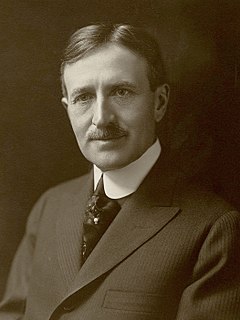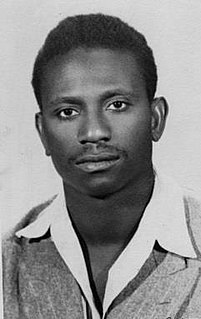A Quote by Samuel Johnson
The business of the biographer is often to pass slightly over those performances and incidents which produce vulgar greatness, to lead the thoughts into domestic privacies, and display the minute details of daily life, were exterior appendages are cast aside, and men excel each other only by prudence and virtue.
Related Quotes
That wealth and greatness are often regarded with the respect and admiration which are due only to wisdom and virtue; and that the contempt, of which vice and folly are the only proper objects, is most often unjustly bestowed upon poverty and weakness, has been the complaint of moralists in all ages.
If a man of good natural disposition acquires Intelligence [as a whole], then he excels in conduct, and the disposition which previously only resembled Virtue, will now be Virtue in the true sense. Hence just as with the faculty of forming opinions [the calculative faculty] there are two qualities, Cleverness and Prudence, so also in the moral part of the soul there are two qualities, natural virtue and true Virtue; and true Virtue cannot exist without Prudence.
It is often lamented by the churchmen that Washington and Lincoln possessed little religion except that found in the word 'God.' All that can here be affirmed is that what the religion of those two men lacked in theological details it made up in greatness. Their minds were born with a love of great principles... There are few instances in which a mind great enough to reach great principles in politics has been satisfied with a fanatical religion... It must not be asked for Washington and Lincoln that, having reached greatness in political principles, they should have loved littleness in piety.
[Prudence] is the virtue of that part of the intellect [the calculative] to which it belongs; and . . . our choice of actions will not be right without Prudence any more than without Moral Virtue, since, while Moral Virtue enables us to achieve the end, Prudence makes us adopt the right means to the end.
An executive cannot gradually dismiss details. Business is made up of details and I notice that the chief executive who dismisses them is quite likely to dismiss his business. Success is the sum of detail. It might perhaps be pleasing to imagine oneself beyond detail and engaged only in great things, but as I have often observed, if one attends only to great things and lets the little things pass the great things become little; that is, the business shrinks.
Nothing has so exposed men of learning to contempt and ridicule as their ignorance of things which are known to all but themselves. Those who have been taught to consider the institutions of the schools as giving the last perfection to human abilities are surprised to see men wrinkled with study, yet wanting to be instructed in the minute circumstances of propriety, or the necessary form of daily transaction; and quickly shake off their reverence for modes of education which they find to produce no ability above the rest of mankind.
We who go a-fishing are a peculiar people. Like other men and women in many respects, we are like one another, and like no others, in other respects. We understand each other's thoughts by an intuition of which we know nothing. We cast our flies on many waters, where memories and fancies and facts rise, and we take them and show them to each other, and small or large, we are content with our catch.
The generation that followed did not have the same concerns; none of its members attempted to follow the example of the past generation. There was no longer anyone with the noble determination to get to know the great men of the world, or if there were some individuals consumed with this curiosity, they were few in number. From then on, there remained only vulgar minds given over to hatred, envy and discord, who took an interest only in things which did not concern them, gossip, slander, calumny of one's neighbors, all those things which are the source of the worst of our troubles.




































